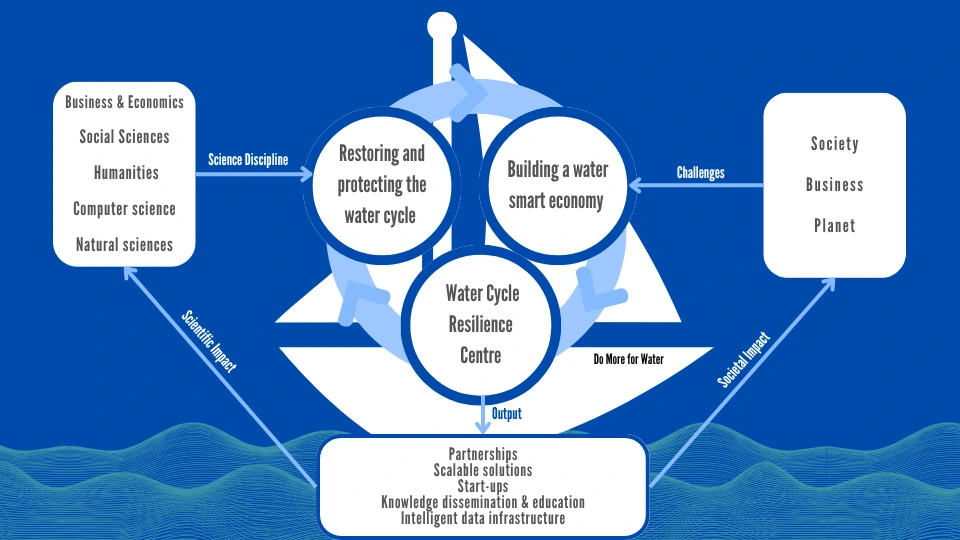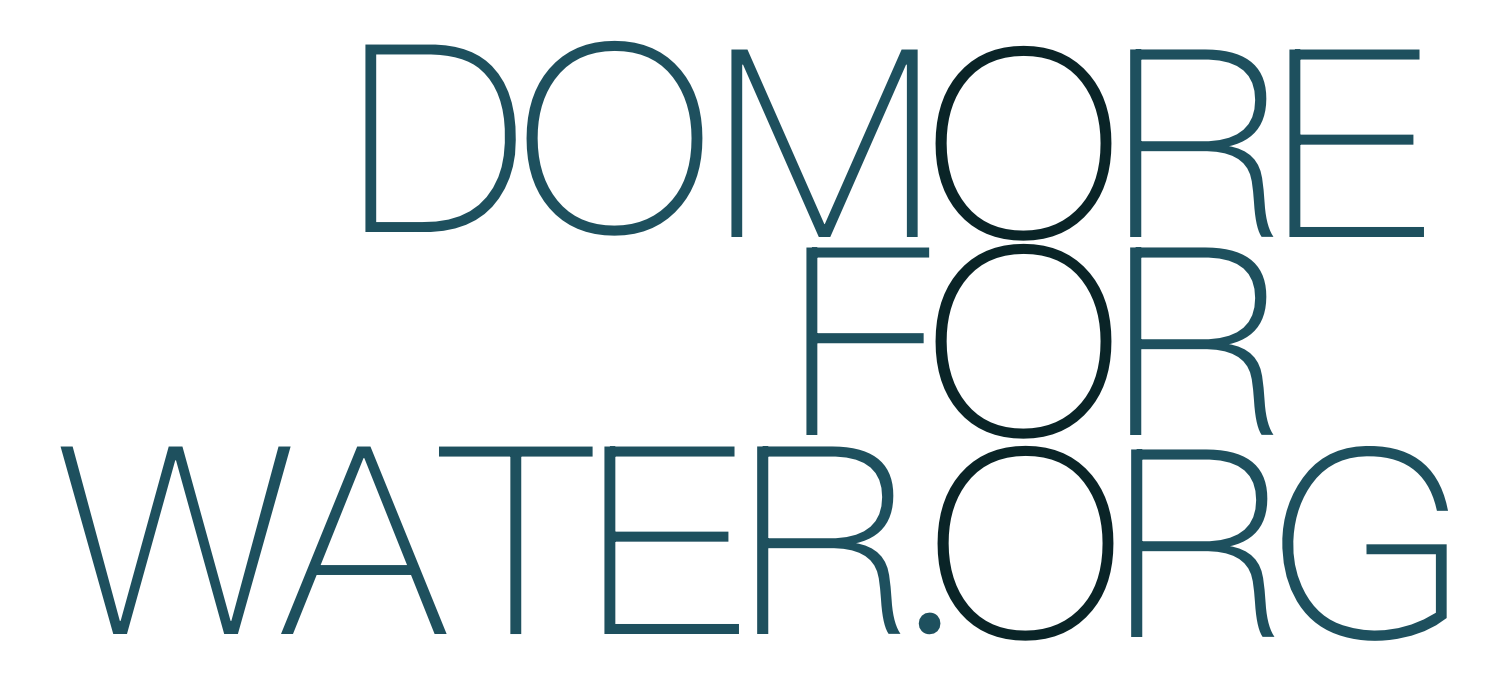About the
Labs
Your guide to how we connect knowledge, action, and innovation for water through labs.
The DoMoreForWater Labs are a series of proposed interdisciplinary research labs designed to tackle pressing global water challenges through long-term, impact-driven research. The labs combine academic excellence, AI-powered innovation & industry relevance for water as global common good. We are inspired by the ICAI Research Labs model.
Mission
Aiming to develop fundamental and actionable knowledge on the global water cycle, (water quality, conservation, water diplomacy, water justice, water safety & risk) building strategies for positive impact, safeguarding for positive impact, safeguarding our water futures.
Framework
The DoMoreForWater Labs are grounded in the call for systemic change issued by the Global Commission on the Economics of Water (GCEW) , which emphasizes the urgent need to revalue and radically rethink how we govern and manage water. A collaborative approach is needed, to create this system change, with data as a foundation for action.
How the labs work
- Doctorate-Level Research: Labs are PhD-hosting environments with dedicated doctoral candidates working over 4–5 years, guided by experienced professors from all universities in the Netherlands
- Real-World Anchoring: Labs are built around concrete case studies and are co-created with societal and industry partners.
- AI-Powered Research: Each lab uses artificial intelligence and advanced data analytics to accelerate insights and solutions
- Output-Driven: Each lab aims to produce both academic insights and tools, models, or strategies that partners can apply.

Why join the labs?
Be part of a national mission to rethink how we value, manage, and govern water. Whether you're advancing research, testing innovations, or funding change, your role is essential to building a water-secure future. Join one lab and be part of the full ecosystem:
- Extend your research capacity
- Add your own questions – co-create to solve your water challenges
- Access to talent
- Hybrid research – your people as external PhDs
- AI and Data challenges with top students
- National knowledge ecosystem with twice a year network events on water cycle
- Public-private partnerships
